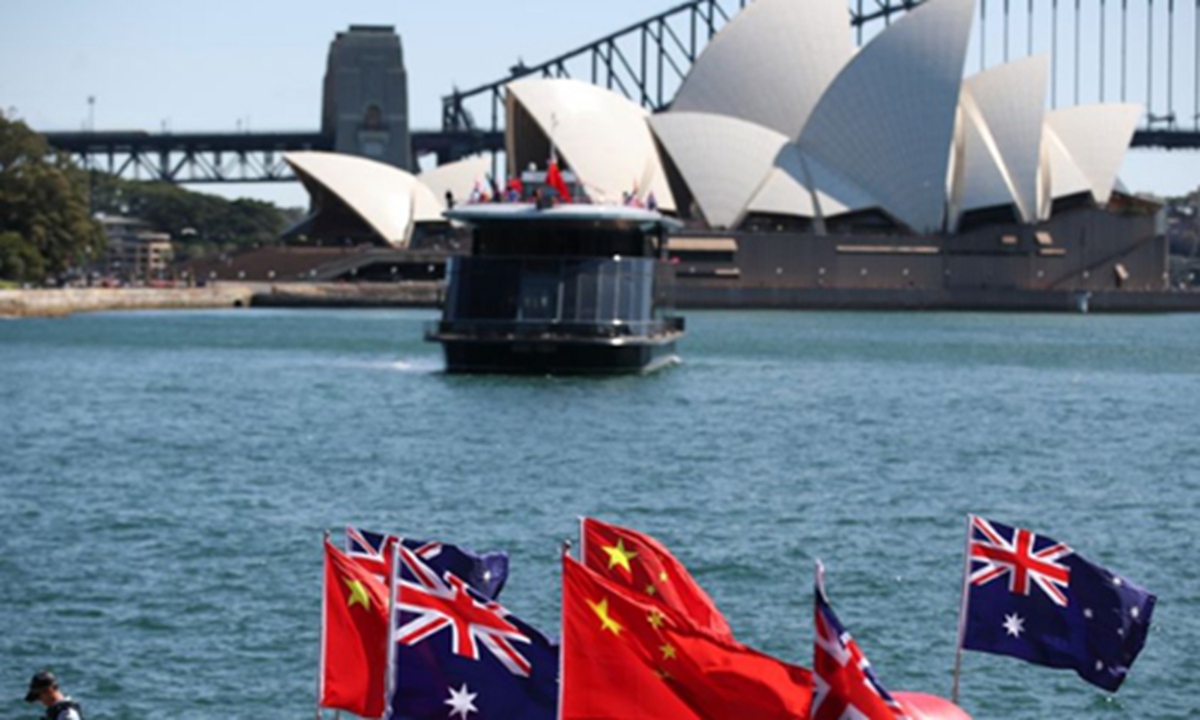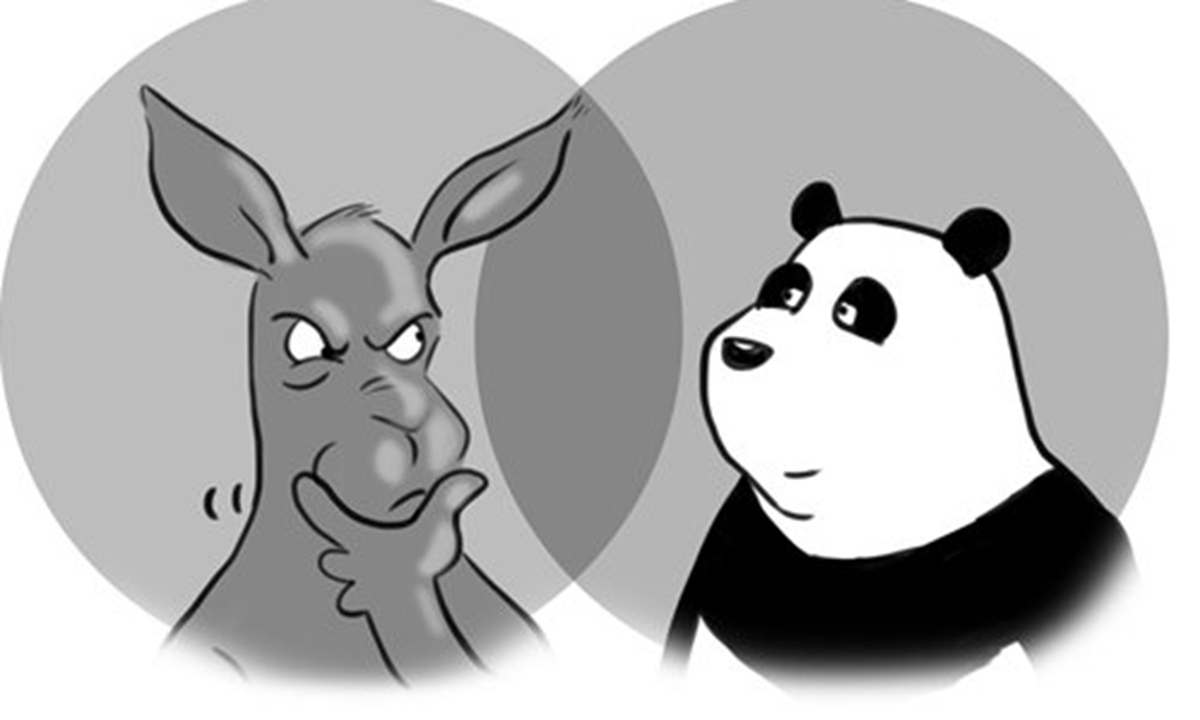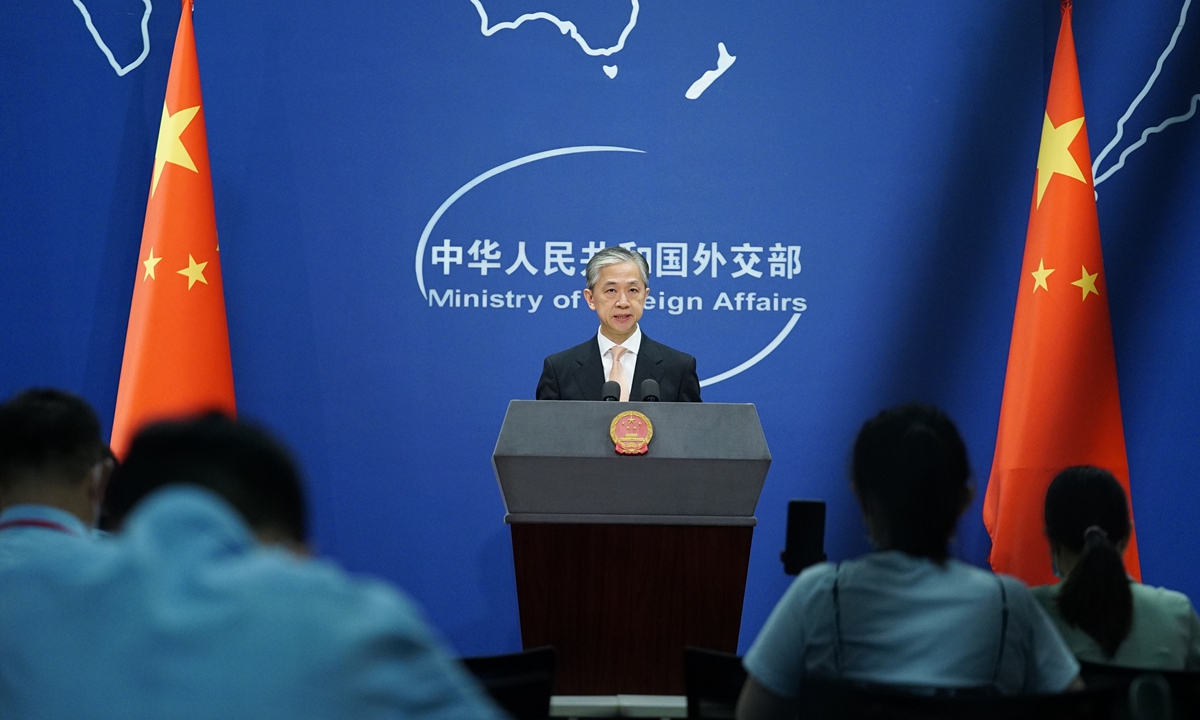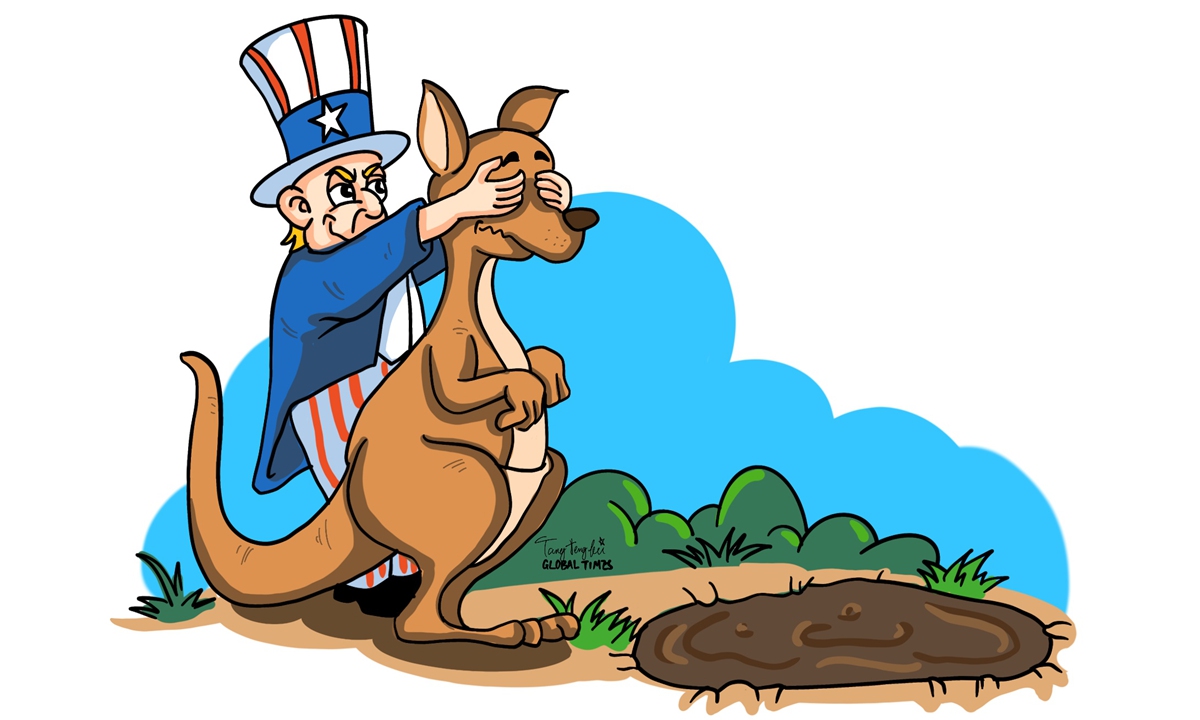
File photo
As the decline in Australian exports to China continues, the growing tension in bilateral economic and trade ties may serve as a reminder for Australia about the urgency of reflecting on how to bring bilateral relations back on the right track.According to data released on Saturday by China's General Administration of Customs, Chinese imports of goods from Australia reached 68.98 billion yuan ($10.44 billion) in October, down 0.2 percent month-on-month.
In the January-October period, Australia's exports to China fell 4.3 percent year-on-year to 669.76 billion yuan.
The China-Australia relationship continued its downward spiral in the past few months. It is against this backdrop that market rumors indicate that a growing list of Australian goods to China may be at risk, which is now in the media spotlight as regards how the trade tussle will unfold.
It should be pointed out that if Canberra doesn't completely change its attitude toward China in terms of diplomatic and economic policy and lets the China-Australia relationship decline continuously, the downward trend in Chinese purchases of Australian goods will not change on the whole. This is not only because several categories of goods that the Australian side is highly concerned about may sustain a blow due to economic-related factors, but also because weakening market confidence will inevitably weigh on enthusiasm for bilateral trade.
The development of bilateral economic ties is to some extent linked to the foundation of the political relationship between the two countries, which is why the Morrison government is advised to take a truly pragmatic approach to address its trade issues with China.
Even apart from what it has done politically, the country is also very unfriendly to China economically. As Foreign Ministry spokesperson Wang Wenbin said on Friday, since 2018, more than 10 Chinese investment projects have been rejected by Australia, citing ambiguous and unfounded "national security concerns". Australia has launched as many as 106 anti-dumping and anti-subsidy investigations against Chinese products, while China only initiated four investigations against Australian goods.
It is no secret that Australia has been under US influence for a long time, and the US has played a role in a series of political confrontations between China and Australia. Now that Joe Biden is reported to be the winner of the 2020 presidential election, it is generally expected that the new administration's China policy could face an adjustment compared with the Donald Trump era, meaning that US-China friction over a range of political and economic issues could ease because of the different administration styles.
So when the US-China relationship is about to see some changes, there may be also a window for adjustment to the bilateral relationship between China and Australia.
Australia is likely to be under less political pressures from the US on key issues with China, and whether the Morrison government will continue to play tough with China will largely steer Australia's economic prospects.
We sincerely hope that Australia will take the opportunity to reflect on its attitude toward China on many important issues that affect the future of bilateral economic ties.



